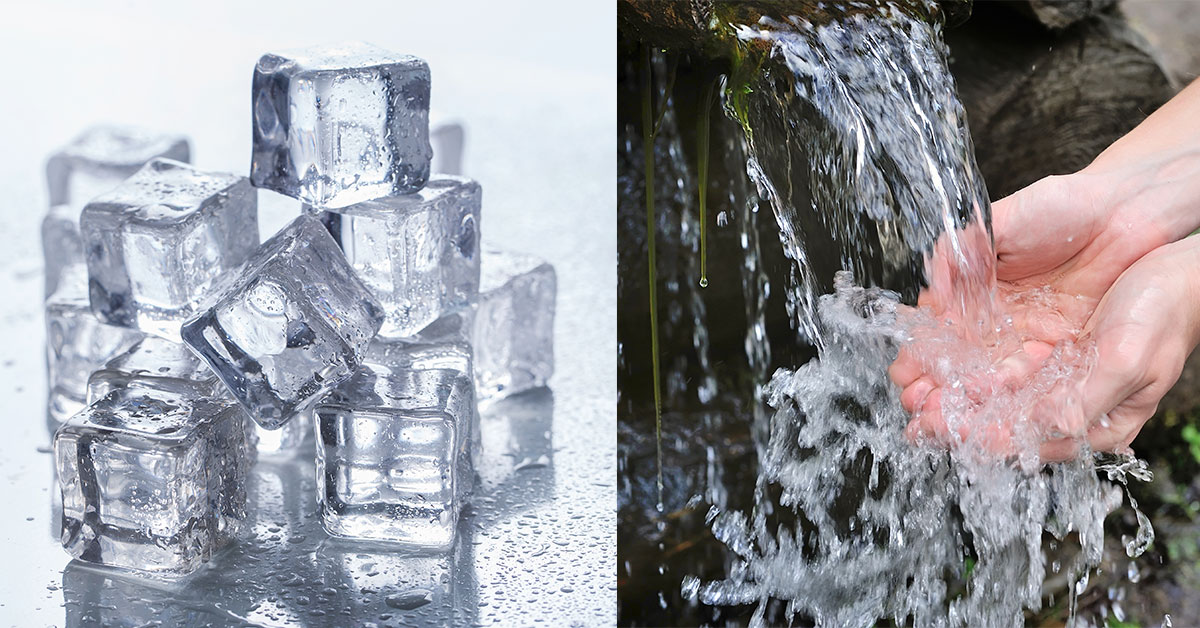Enthalpy & Entropy are two crucial factors in thermodynamics. Enthalpy reveals the total heat of a closed system. Its unit is KJ/mol. whereas Entropy provides an idea of the randomness of a closed system. The unit of entropy is KJ/K. Simply, Entropy is the Enthalpy difference of a system per Kelvin or Celcius. Enthalpy & Entropy have some kind of differences. Still, there is an important relationship between the two facts. Therefore, combinations of these factors are vital in describing a system.
Enthalpy
Enthalpy of a system comprises of two parts. They are the Internal energy of the system & work on the system by external pressure. A closed system consists of thousands of molecules. These molecules tend to have attractions in between them. Hence the system contains internal energy due to these bonds. Certain work has to be done by external pressure in order to keep the system in a stable Volume. Hence the system contains the work by external pressure as well.
H = U + PV
H= Enthalpy of the System
U = Internal Energy of the System
P = Pressure on the system
V = Volume of the system
Enthalpy depends on Temperature, Internal energy & Pressure. When one of these factors changes in a system enthalpy of the system changes. Hence Enthalpy difference (ΔH = ΔU + ΔPV) becomes a more important factor in defining a process in a system. When a system releases heat Enthalpy of the system decreases (ΔH-) and is called an Exothermic reaction. On the other hand when a system absorbs energy Enthalpy of the system increases (ΔH+) and is called an Endothermic reaction.
Entropy
The entropy of a system describes the increment or decrease of the randomness of a system. This has a direct relationship to Enthalpy & Temperature. Often Exothermic reactions will occur without any support from external sources. In contrast, endothermic reactions do need external support in order to proceed. Still, there were occurrences where this was not the case. Hence, the Entropy of a system was defined to sort the contradictions in defining a spontaneous reaction.
ΔS = ΔH/T
ΔS – Entropy Difference
ΔH – Enthalpy Difference
T- Temperature
The entropy of a system will vary with the system volume, Temperature, and Mass of the system. It is better to understand the entropy through an example. Let’s consider the melting process of ice. Water in Ice state has fewer random motions due to the solid phase. As the temperature rises ice turns into liquid water. Since the system is in a liquid state, the randomness of the system is much higher than the solid state. Hence the entropy will increase in the melting process.
Comparison Between Enthalpy & Entropy
| Enthalpy | Entropy | |
| Description | Is the heat energy of the System | Is the disorder of the system |
| Units | KJ/mol | J/K |
| Equation | H= U +PV | ΔS = ΔH/T |
| Relation | Related to the energy of a system | Related to structural properties of a system |
Gibs Energy
Gibs energy of a system provides the most accurate procedure to determine whether a certain reaction occurs spontaneously. Scientists couldn’t exactly figure out the ability to occur reaction spontaneously. Hence, with the aid of Entropy, A new norm was introduced in the form of Gibs energy.
ΔG = ΔH+ TΔS
ΔG – Gibs Energy Difference
ΔH- Enthalpy differnce
T – Temperature
ΔS – Entropy difference
Here when the ΔG value becomes zero for a certain reaction the same reaction will occur spontaneously. The equation is a combination of Enthalpy & Entropy.

